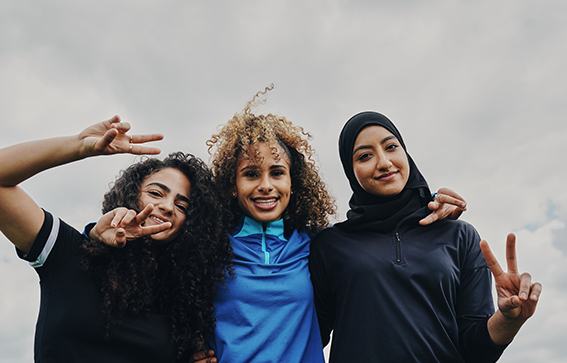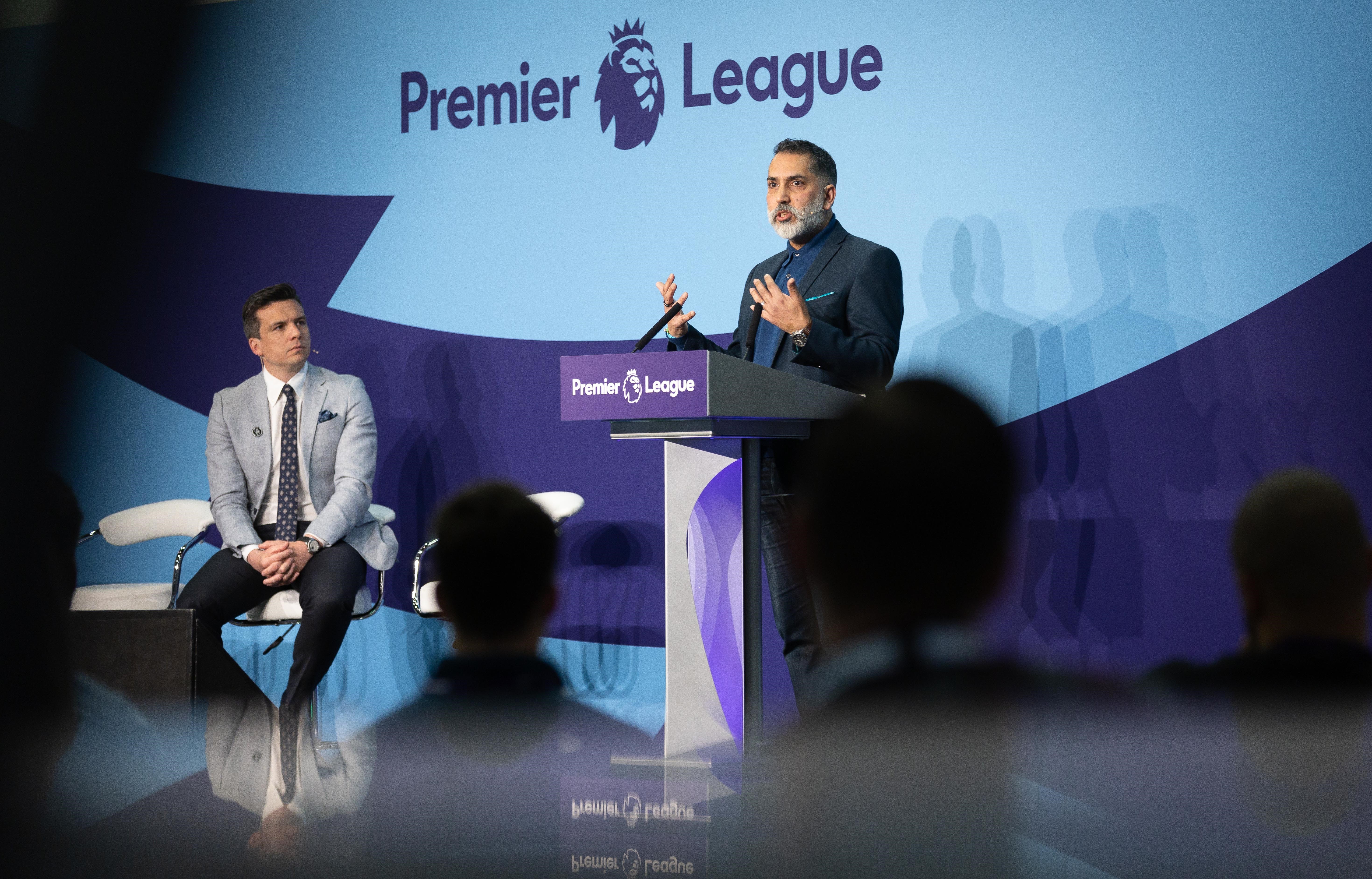Over the last few years, we know that a lot of work has gone into diversifying the media industry, and it has helped in showing that perpetrators of discrimination have been brought to justice.
But many fans will have woken up on Saturday morning and questioned whether anything has changed at all. Newspapers, websites and even national broadcasters chose to portray Bukayo Saka as the scapegoat - once again - for England’s defeat by Iceland. This was despite him playing a bit-part role in the game, and coming onto the field after the winning goal was scored. Has the media learned nothing?
Heading into Euro 2024, fans are rightly asking whether the current England squad will see a repeat of what happened to Saka, Marcus Rashford and Jadon Sancho after the last Euros final where all three suffered terrible online abuse because of their actions on the field. It’s a question we have been asking ourselves at Kick it Out.
There has been progress with prosecutions, and the Online Safety Bill has been passed to hopefully bring more scrutiny on social media companies. But last season, we received more reports – both online and in stadiums - targeting players than ever before. So whatever gains we are making, they are not enough.
I shouldn’t need to remind you that the impact of black players being targeted in the media has a long history and is felt far and wide. It sends a message that they are not welcome, that they are only a misplaced kick from being vilified and it sends a message to online abusers that targeting players is fair game.
But it also sends a message to fans from black and ethnic minority communities that they do not belong or can be abused too. Those points need to be considered when writing headlines or selecting images as deadlines approach. The words and pictures travel a long way, hitting harder than you might realise.
The media needs to remember its responsibilities to not only report on discrimination but actively combat these issues and remind itself that it plays a crucial part in how players, fans and communities feel about themselves and their rightful place in football.


